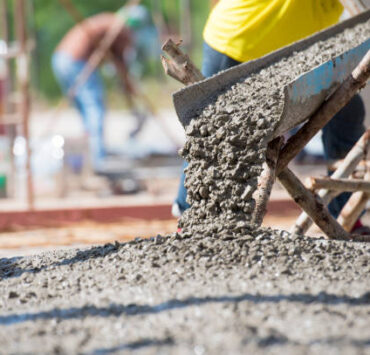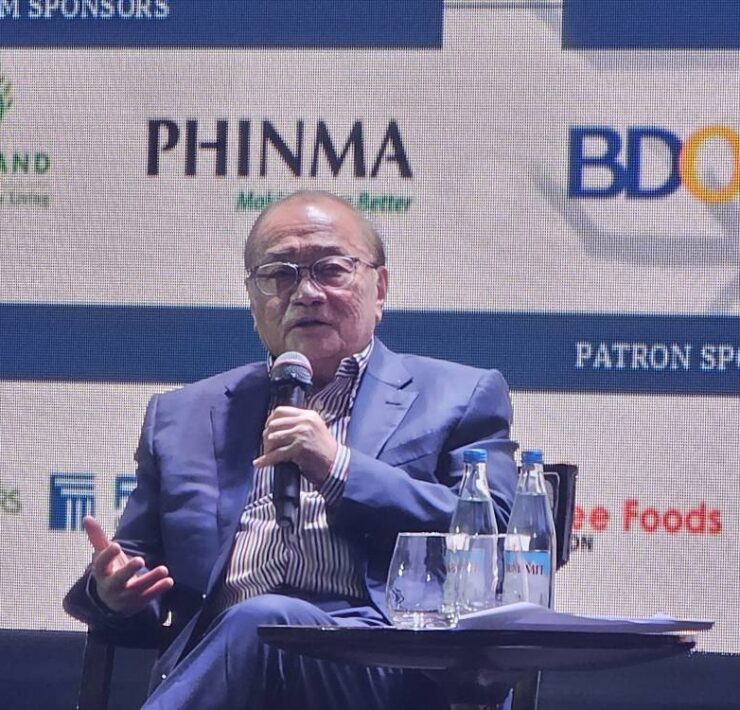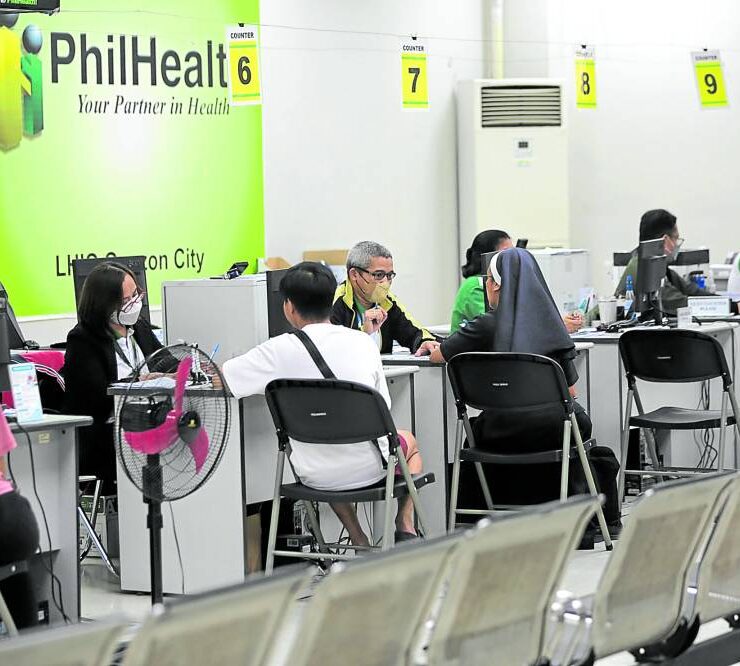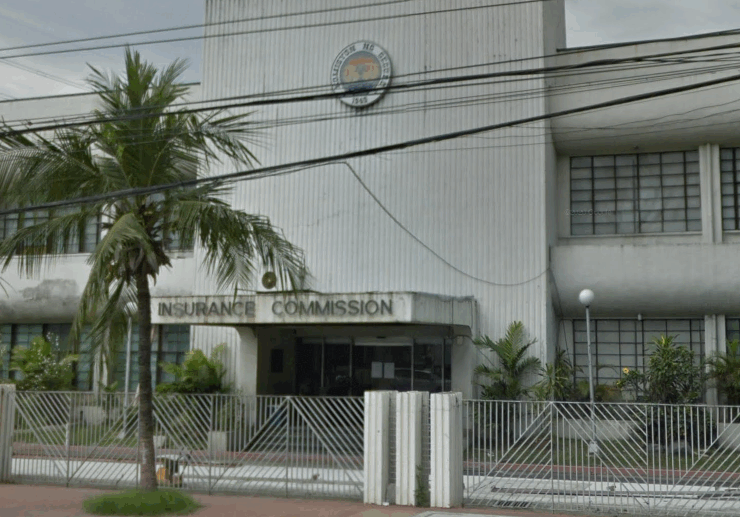Youth health awareness high, but action lacking–Manulife study
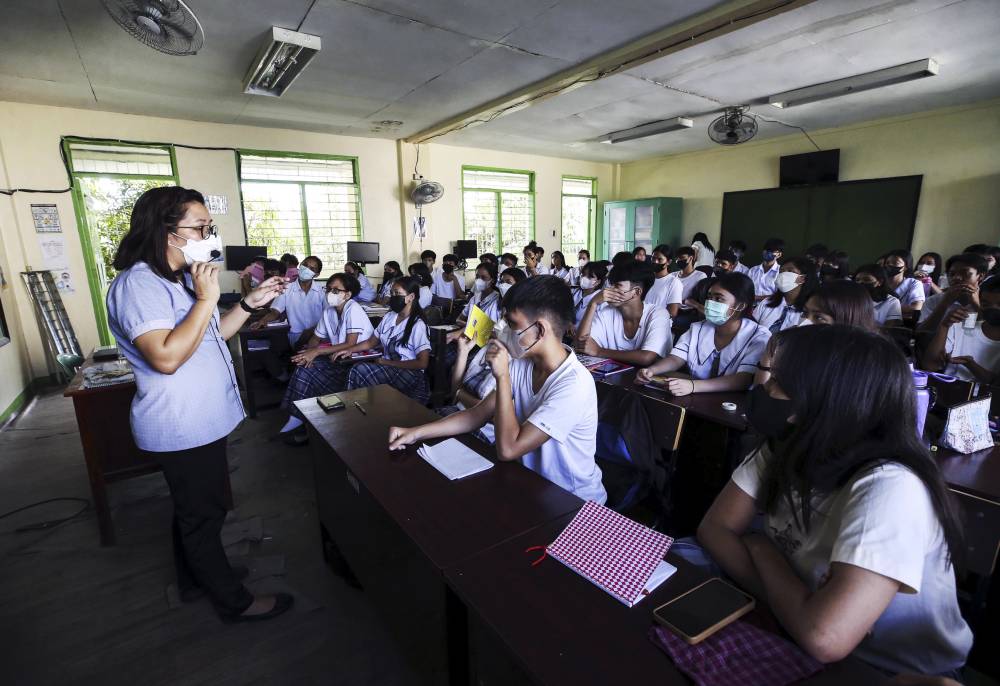
Young Filipinos know what it takes to stay healthy, but far fewer follow through, highlighting “significant” gaps between awareness and action.
This is based on a new Manulife Philippines study that surveyed 500 respondents nationwide, 40 percent of whom are in Metro Manila.
The survey found that while 83 percent described themselves as knowledgeable about health and wellness, only 76 percent were taking sufficient action.
Millennials and Gen Zs, the study noted, often fell short of their own standards.
On nearly every health measure, the insurer said, practice lagged behind awareness.
About 78 percent of respondents agreed that monitoring sleep quality was essential, but only 63 percent actually did so. The same pattern held true for nutrition, blood pressure, body weight and cholesterol.
The gap was even starker when it came to behavior. While nearly three-quarters of respondents said maintaining a balanced diet was crucial, just 58 percent said they followed one.
Fewer still reported practicing good sleep habits, exercising regularly, balancing work and life, or avoiding smoking.
“Filipino Millennials and Gen Zs face notable health and wellness gaps,” the study concluded.
Without a stronger shift from awareness to action, it warned, younger Filipinos could face mounting risks to their long-term well-being and quality of life.
“While wellness may be a recognized priority, many young Filipinos struggle to consistently practice key health behaviors—especially women, who report a larger gap in achieving work-life balance,” it added.
Key challenges
The study also found that stress was the most frequently cited obstacle to healthier living, with 64 percent of respondents blaming it for keeping them from their desired level of well-being.
Other barriers included excessive screen time (48 percent), sleep deprivation (45 percent), lack of exercise (42 percent) and poor diet (39 percent).
Millennials reported feeling the strain the most: 69 percent said they struggled with stress, compared with 58 percent of Gen Z respondents.
The two generations also differed in their approach to health and longevity. Millennials placed greater emphasis on physical health and family relationships, while Gen Zs said they were more focused on finding a sense of purpose.
For both, however, maximizing lifespan was not the goal. Just 13 percent of respondents said living as long as possible was a priority.
“The traditional focus of longevity—maximizing lifespan—has given way to more aspirational desires such as financial independence, mental health and lifestyle,” Manulife said. “When thinking about longevity, most Filipino Millennials and Gen Zs prioritize financial independence. This suggests that younger Filipinos value quality of life and autonomy over simply living longer.”















